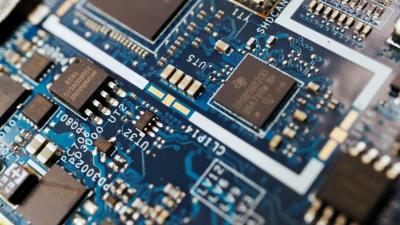
MUST READ
Pause slide
MSME News
MSME stands for Micro, Small, and Medium Enterprises. It’s a classification used to categorize businesses based on their size, which is typically determined by various factors such as the number of employees, annual revenue, or investment in plant and machinery. The specific criteria for what constitutes an MSME can vary from country to country. In many economies, MSMEs are considered the backbone of the economy due to their significant contribution to employment, innovation, and economic growth.
Key aspects of MSMEs include:
- Micro Enterprises: These are the smallest type of businesses, often characterized by a very small workforce and minimal capital investment. They are usually independently owned and operated.
- Small Enterprises: These businesses are larger than micro enterprises but still small in comparison to larger corporations. They often serve a local community or a specialized segment of a market.
- Medium Enterprises: These are larger than small enterprises and have a more significant number of employees and higher levels of revenue and capital investment. They may operate in broader markets, possibly including international markets.
- Economic Impact: MSMEs play a crucial role in most economies, particularly in developing countries. They are major job creators, help in reducing poverty, and contribute significantly to the GDP.
- Challenges: MSMEs often face challenges such as limited access to financial resources, market access barriers, regulatory hurdles, and issues related to scalability and technology adoption.
- Support from Governments: Many governments provide support to MSMEs through subsidies, tax benefits, training programs, and easier access to finance. This is done to encourage entrepreneurship and support small businesses as they are vital for economic growth and employment generation.
- Adaptability and Innovation: MSMEs are often more agile and adaptable than larger corporations, allowing them to innovate and respond to changing market conditions more quickly.
- Digital Transformation: With the advent of digital technology, MSMEs are increasingly adopting digital tools for business operations, marketing, and sales, which helps them to compete more effectively in the market.
Overall, MSMEs are a critical component of the economy, fostering entrepreneurship, innovation, and economic diversification. They are often seen as a driving force for socio-economic development in both developed and developing countries.
Read More
Related News

Mumbai’s first underground metro set to start operations in July – Check route, timings, stations and more

Cabinet clears Rs 76,220-crore mega sea port on west coast

Realty has Rs 14 trillion finance opportunity between 2024-26, says report

Telangana: Sub-inspector allegedly rapes woman head constable at gunpoint, arrested

‘MSME growth through fintech innovations to play major role in $5 trillion economy’

























